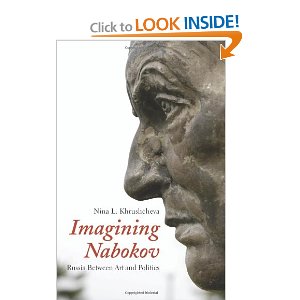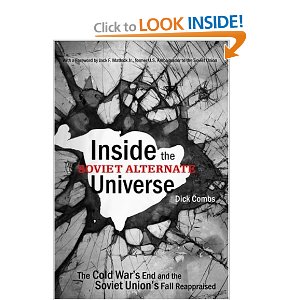Second, perhaps, only to sex, spies seem to stimulate the emotions, at least in the United States. And so it was when reports of the arrest of ten—and then eleven, and then twelve—Russian undercover agents in the United States moved along the news wires. Rebecca and I were on the farm in Tennessee and I did not check my voice mail in Princeton for several days. There would be several requests, I suspected, for interviews with the news media. Generally, I enjoy spouting off about all and sundry, but this time I thought it better to dodge the requests. I have been around intelligence operations long enough to know that what is announced is only part of the story. Any attempt to explain things without inside knowledge could produce nothing more than a wild guesses. Besides, I could not figure out why in the world the U.S. would arrest deep-cover agents known to them who had not yet recruited anyone who could give them secret information. It seemed to me much more logical to leave them in place, watch what they were doing, and if they recruited someone with access to sensitive secret information, “turn” the source (not hard to do if the alternative is jail) and feed the unsuspecting plant misleading information.
Continue reading →



